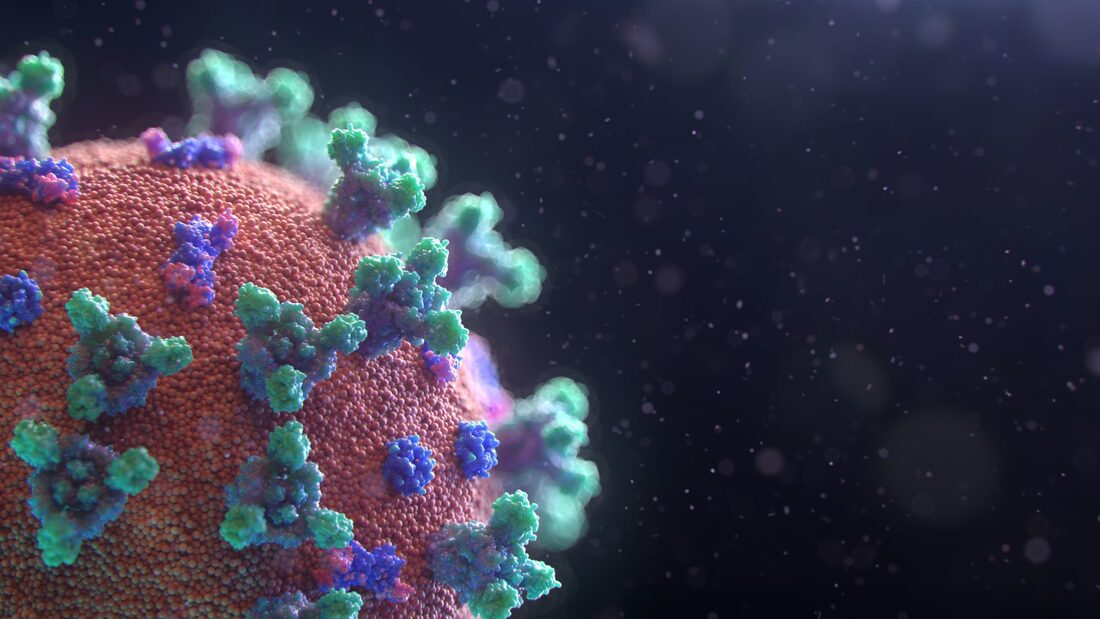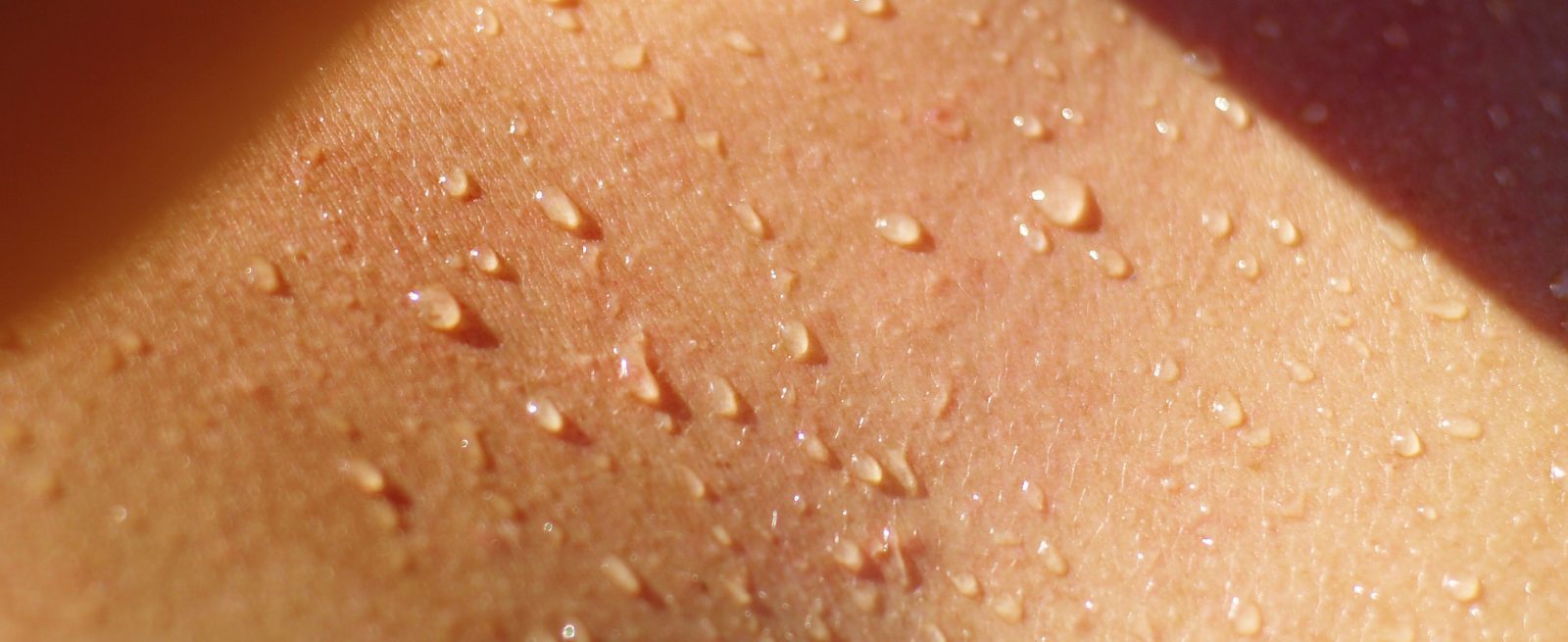Overview
As researchers race to test vaccines against COVID-19, this infectious disease is. still causing thousands of deaths every day on a global scale.
If you’ve already heard of the coronavirus before this pandemic, it might sound weird to you that such a common virus could be responsible for this destruction. However, scientists identified hundreds of coronavirus strains that cause varying degrees of upper respiratory tract infections.
Unfortunately, the coronavirus family is known to change its genetic material (similar to our DNA), which means that occasionally, a new viral strain emerges with destructive properties, such as SARS-CoV-2 (the virus that causes COVID-19).
Similar to the common cold and the flu, COVID-19 gets transmitted via respiratory droplets, which are tiny water vesicles that contain a large number of the virus. The vesicles get released when sick individuals cough or sneeze.
In this article, we will discuss the relationship between COVID-19 and hair loss, as well as how to deal with this issue.
The relationship between COVID-19 and hair loss
Over the past couple of months, many COVID-19 patients reported losing their hair after healing from the infection, including Hollywood stars, such as Alyssa Milano, who posted a video on Twitter talking about her experience with COVID-19 and how it made her lose her hair.
According to the Centers for Disease Control and Prevention (CDC), hair loss does not appear to be a primary symptom of COVID-19. However, many physicians believe hair loss is a long-term complication of this infection.
For instance, Doctor Dendy Engelman, a dermatologist at Manhattan Dermatology and Cosmetic Surgery, stated that she has seen a spike in cases of hair loss during the past few months, which could be related to COVID-19.
How is COVID-19 causing hair loss?
So far, we do not have any concrete evidence that connects the coronavirus to hair loss. However, while there might not be a direct link between the two conditions, the associated physical and emotional stress could precipitate reversible hair loss (i.e. telogen effluvium).
The triggers of this condition are well-documented and include severe emotional stress, complicated surgeries, and chronically elevated core temperature.
The way this happens is by shifting the person’s hair to the telogen phase, which is the resting phase of the hair growth cycle. Consequently, the hair will be falling without new follicles to replace it, leading to reversible hair loss.
You might be wondering, “I always stress before exams and interviews, so why didn’t I experience hair loss?”
The answer to this question resides with the type of stress that comes with COVID-19.
Here’s how it goes:
Throughout your lifetime, you are bound to face challenging moments that trigger psychological stress. The common tiggers include the death of a loved one, working in a toxic environment, academic exams, family disputes, and the list goes on and on.
However, this doesn’t necessarily mean that stress is all bad! On the contrary, we need stress to get motivated and keep chasing after our dreams.
The caveat is that the beneficial type of stress must be temporary and of moderate intensity.
Chronic stress, on the other hand, can last for months (in the case of COVID-19) or even year, wreaking havoc on every organ system, including the hair growth cycle.
Every day, you read the paper or hear the news about a novel neuroscience discovery that once again demonstrates the beauty of your brain. While these discoveries are fascinating, the brain has several limitations, including the inability to tell the difference between psychological and physical stress.
Simply put, if you recently recovered from COVID-19, and it has caused you major stress, the brain turns on the same biochemical responses that get triggered when you are being chased by a bear. In other words, stress hormones will be elevated in your blood, your heart rate accelerates, and some structural modifications occur in the brain.
The primary system that gets activated during stressful times is the sympathetic nervous system (SNS), which is responsible for the “fight or flight” response. Consequently, the levels of stress hormones, such as epinephrine (i.e. adrenaline), norepinephrine (i.e. noradrenaline), and cortisol, skyrocket in the bloodstream.
Each of these hormones works on specific types of receptors scattered all over the body. For instance, norepinephrine will stimulate peripheral blood vessels (those found near the skin) to vasoconstrict (i.e. reduce in diameter) in an attempt to redirect the blood towards the brain, heart, and skeletal muscles.
On the other hand, epinephrine causes your airways and pupils to dilate.
In summary, stress hormones will mediate various physiological reactions to help you escape from that bear while sacrificing other operations that were deemed unnecessary, such as the digestion, urine production, and hair growth.
The last sentence explains how hair loss could occur during or after COVID-19.
How to reverse COVID-19 induced hair loss?
Patients with telogen effluvium lose around 300 strands per day for a period of 6 months.
Fortunately, this condition is reversible, which means that after a few months, your hair will grow back without the need for any interventions.
While you may be tempted to try one of those magical hair regrowth products, researchers recommend against that. Instead, try to adopt a healthy lifestyle that reduces stress and anxiety, and eventually, you are bound to restore your hair.
This could entail eating healthy foods, exercising regularly, and practicing anxiolytic activities, such as mediation and yoga.
If you need more information about hair loss and COVID-19, don’t hesitate to reach out to me by clicking on this link.
Takeaway message
Hair loss is an overwhelming experience to go through, especially when combined with other stressful life events, such as being positively tested with COVID-19.
Hopefully, this article managed to shed some light on the neglected relationship between this infectious disease, stress, and hair loss.





